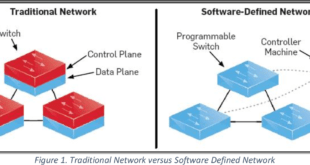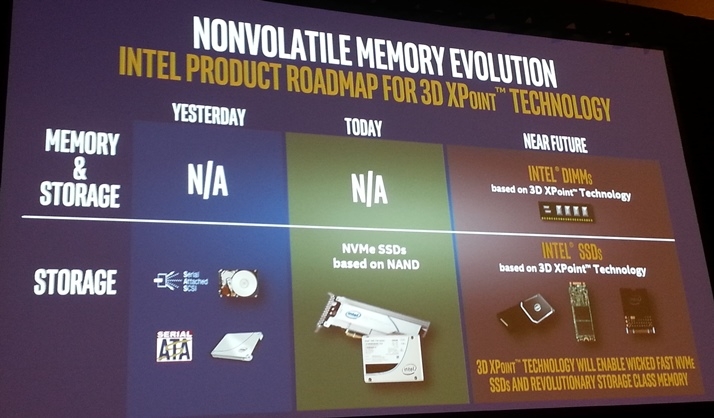In the fast-evolving landscape of modern networking, the traditional methods of managing and controlling network infrastructure are being challenged by a revolutionary approach: Software-Defined Networking (SDN). This paradigm shift is transforming how networks are designed, implemented, and maintained, offering a more flexible, efficient, and scalable solution to address the growing …
Read More »The Technologies Enabling VR/AR: Powering the Future of Immersive Experiences
Introduction Virtual Reality (VR) and Augmented Reality (AR) are rapidly transforming industries by merging digital content with the physical world. These immersive technologies are not only redefining entertainment and education but also revolutionizing critical sectors such as healthcare, automotive, manufacturing, and military operations. Underpinning these experiences is a sophisticated ecosystem …
Read More »The Importance of Effective Software Design: Building Quality Systems That Last
Software design lies at the heart of successful application development. It is the blueprint that bridges abstract ideas and functional, user-centric systems. In software development, the journey to success is shaped not just by the functionality of the final product but also by the quality of its design. A well-thought-out …
Read More »Building the Blueprint: System Architecture to Software Archtecture
In today’s technology-driven landscape, developing complex systems requires a meticulously crafted architecture that seamlessly integrates hardware, software, and operations. The successful transition from system architecture to software architecture is a critical step in creating robust, scalable solutions. This journey involves the thoughtful design and integration of both hardware and software …
Read More »The Growing Semiconductor Memory Market: Trends, Drivers, and Challenges
The digital revolution continues to generate unprecedented volumes of data. Every day, an astonishing 402.74 million terabytes of data are generated globally. By the end of this year, data generation is expected to reach a staggering 147 zettabytes, with projections estimating it will climb to 181 zettabytes by 2025. Videos alone …
Read More »Energy Harvesting Technologies for IoT and Military IoT Devices
The proliferation of the Internet of Things (IoT) has ushered in a new era of connectivity, with billions of devices gathering and transmitting data to improve efficiency, automation, and decision-making. This explosion of IoT devices, however, presents a critical challenge: providing reliable and sustainable power to keep these devices operational, …
Read More »Memory breakthroughs promise single atom memory, speed of light computing, terabyte smartphones and instant-start computers
The rapid evolution of memory technology is paving the way for an exciting future in computing. Researchers are pushing the boundaries of what’s possible, from memory devices that operate at the speed of light to smartphones with terabytes of storage and computers that start up instantly. These breakthroughs promise to …
Read More »DARPA’s Information Innovation Office (I2O): Pioneering the Future of Information and Computational Technologies
The Defense Advanced Research Projects Agency (DARPA) has long been synonymous with cutting-edge innovation that drives technological advancements to safeguard national security. At the heart of this mission lies DARPA’s Information Innovation Office (I2O), which focuses on revolutionizing the fields of information, computation, and cybersecurity. By addressing today’s challenges while …
Read More »AI-Driven Biomedical Robotics: Revolutionizing Healthcare and Surgery
Introduction The convergence of artificial intelligence (AI) and robotics is transforming modern healthcare, introducing groundbreaking innovations in diagnostics, surgery, rehabilitation, and patient care. AI-driven biomedical robotics is redefining medical procedures by enhancing precision, reducing human error, and improving patient outcomes. From robotic-assisted surgeries to AI-powered rehabilitation systems, these intelligent machines …
Read More »Satellite Ground Segment as a Service (GSaaS): The Technology Revolutionizing the Space Economy
The satellite industry is at the forefront of technological innovation, driven by an expanding need for real-time data, connectivity, and global communication. While much attention is given to the satellites themselves, the ground segment—comprising the infrastructure needed to monitor, control, and communicate with satellites—is equally crucial. Satellite Ground Segment as …
Read More » International Defense Security & Technology Your trusted Source for News, Research and Analysis
International Defense Security & Technology Your trusted Source for News, Research and Analysis


